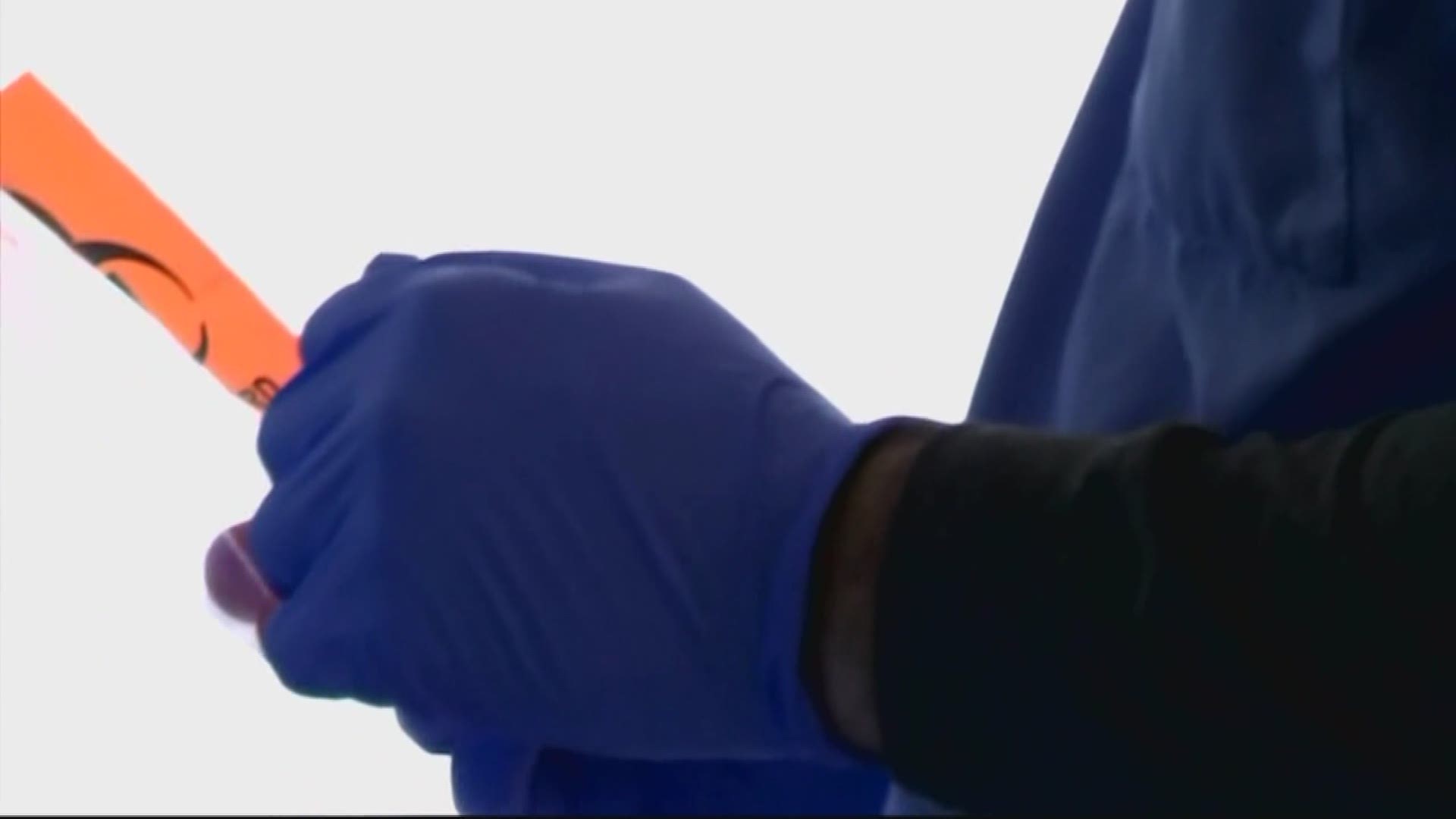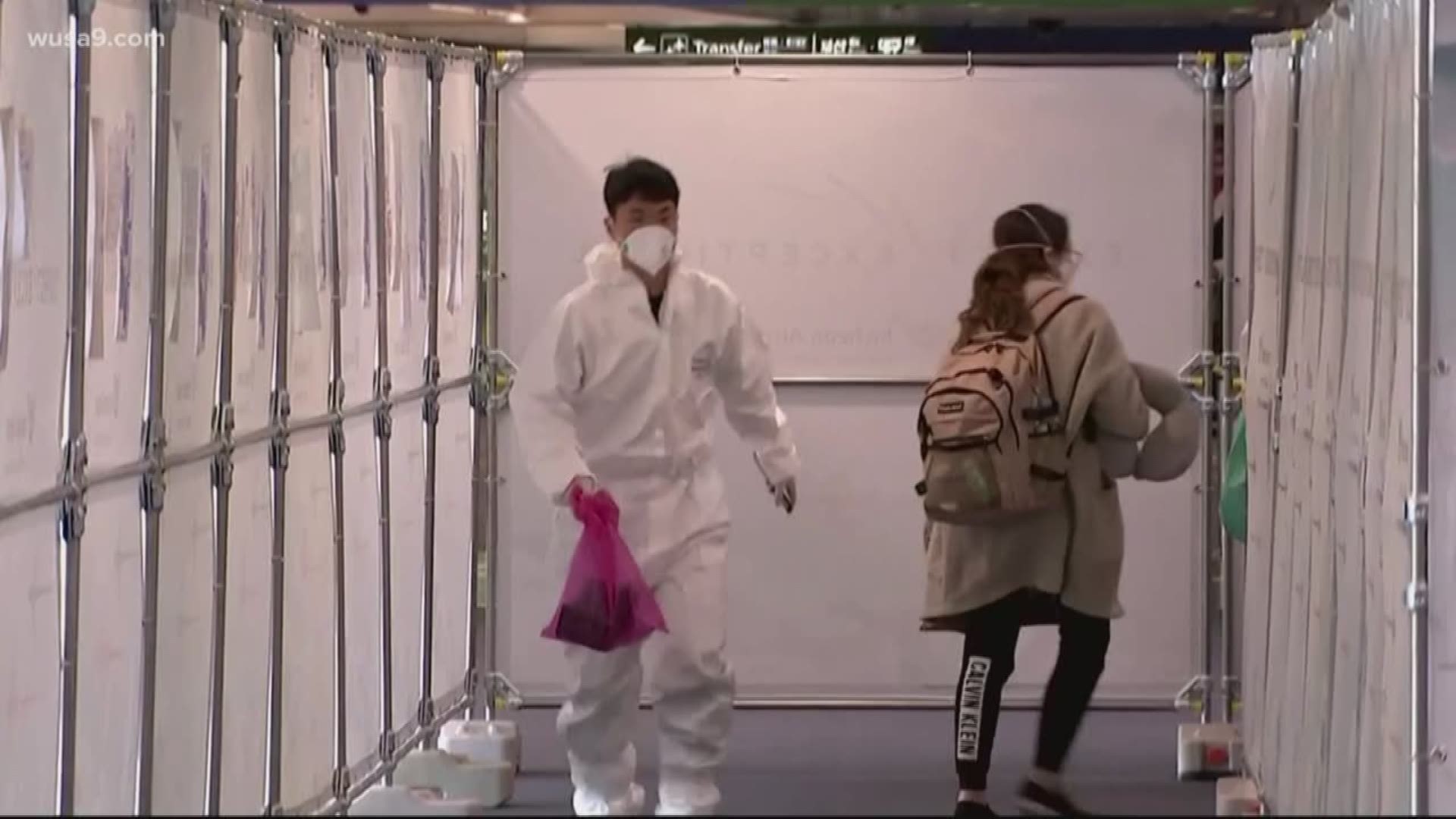WASHINGTON — You may have heard about the issues people have had getting tested for coronavirus in the DMV region and across the country.
Experts said it was a combination of a lack of tests, and poor testing methods that led to a slow start for health facilities as the virus hit our shores.
The importance of testing, however, cannot be understated. It helps to shape the strategic plan for slowing the spread of the virus.
Out of the gate, even in the DMV, testing for the coronavirus was a fiasco. University of Maryland pathologist Dr. Kristie Johnson said only certain places performed tests.
"We were just testing in local public health labs across the country," Johnson explained.
The test involves swabbing four inches inside your nostrils. Then, waiting days for the result.
"Labs that first started testing are in California. We are in Maryland, so that sample has to get to California before it is tested," Johnson said.
In the last few weeks, testing across the country and the DMV streamlined. More hospitals can perform the tests and get quick results. Some test kits only take an hour between taking the sample and giving a result.
Why does testing help in slowing the spread? Consider South Korea.
When the coronavirus outbreak started there, it spread at levels only seen in China. But within a few weeks, massive testing allowed the country to control the virus through social distancing.
Other countries point to South Korea as the model for slowing the spread. That is what health experts want to do here.
"As we are testing and noticing that the virus is still spreading, you can see there are stricter and stricter regulations," Johnson said.
Those regulations can be more strategic as officials understand where the virus spreads. But it all starts with testing.
The latest reports show medical facilities across the United States are now performing 100,000 tests per day combined. Health officials wants to see more with each day.


